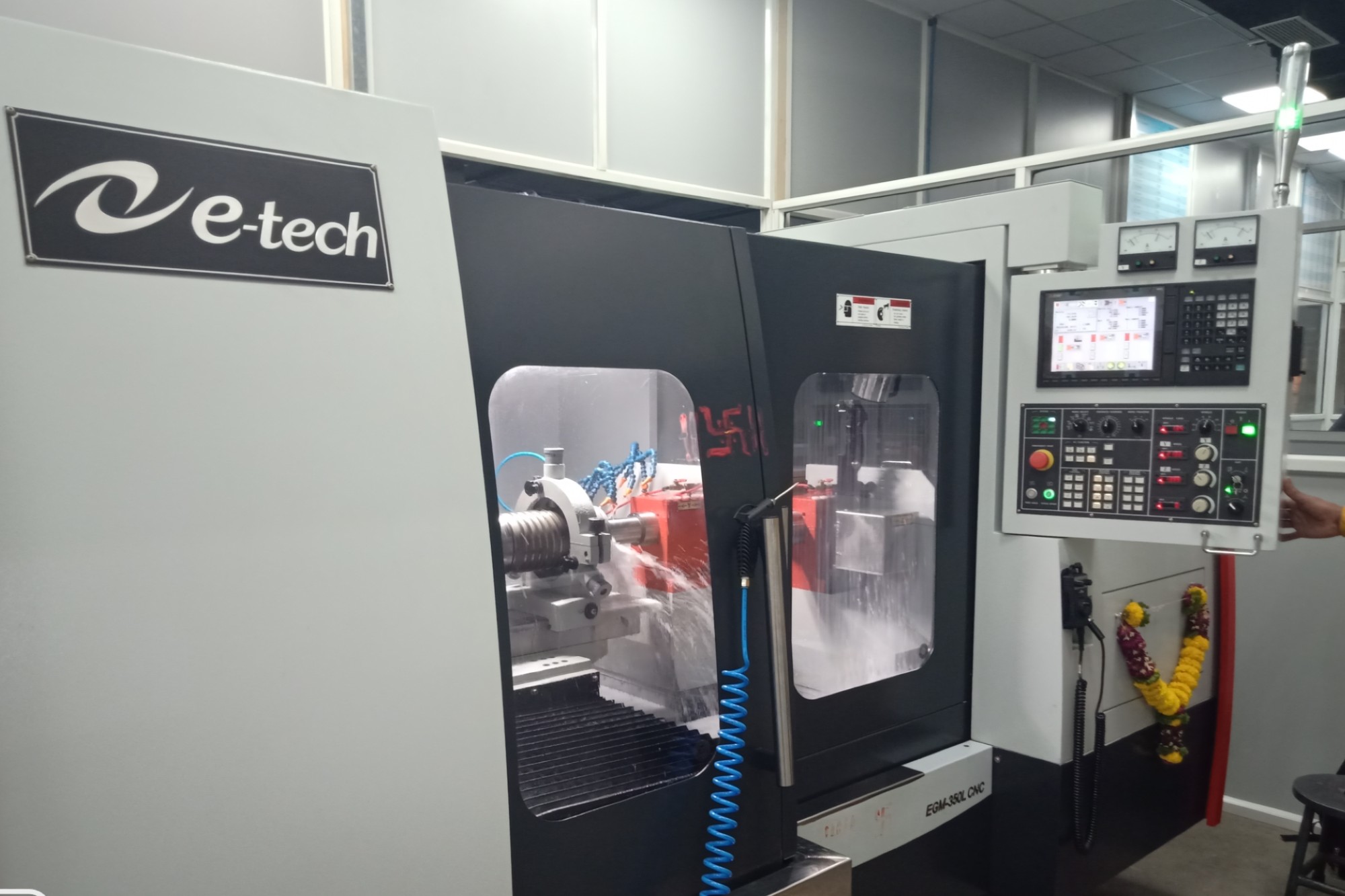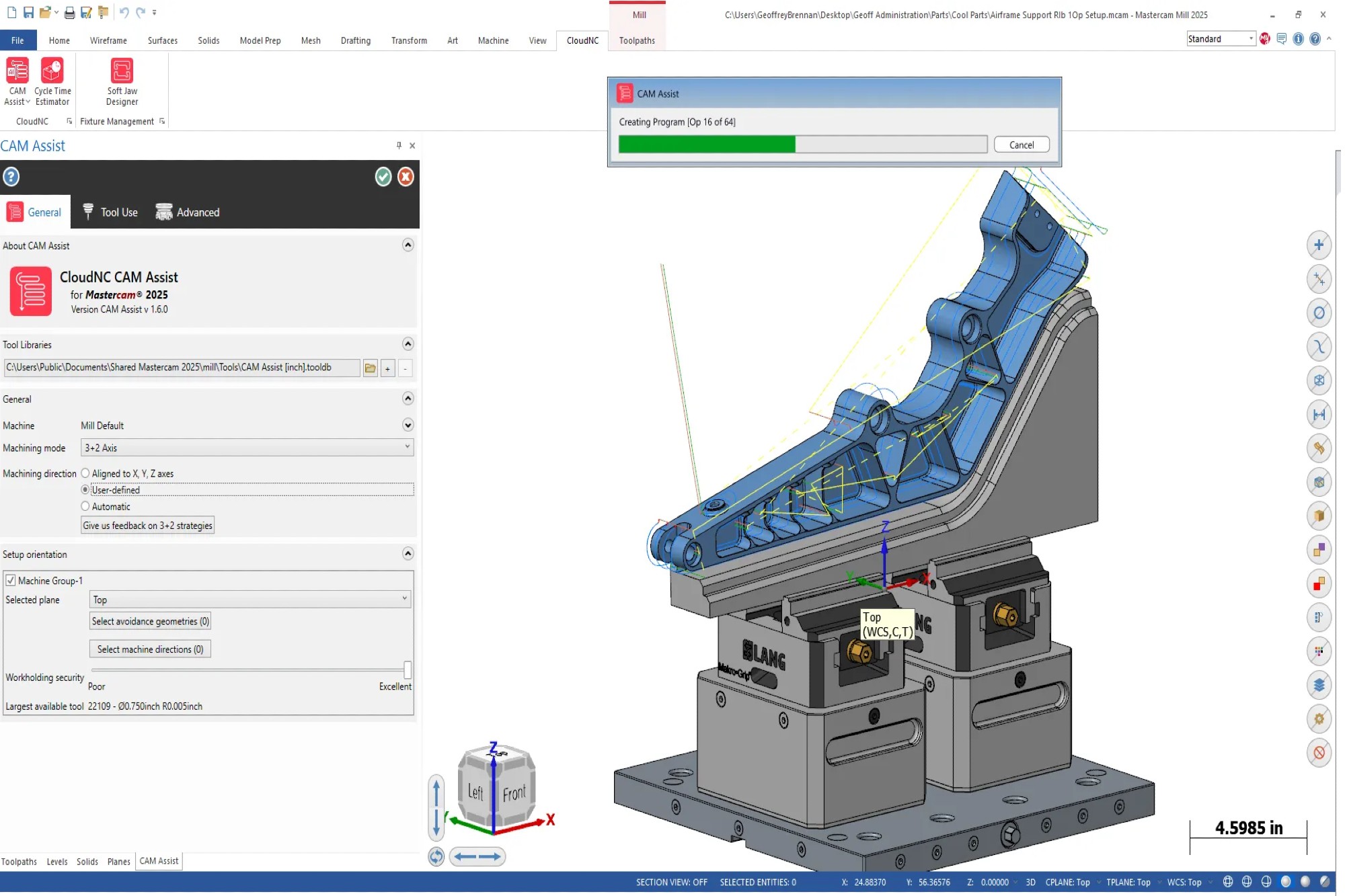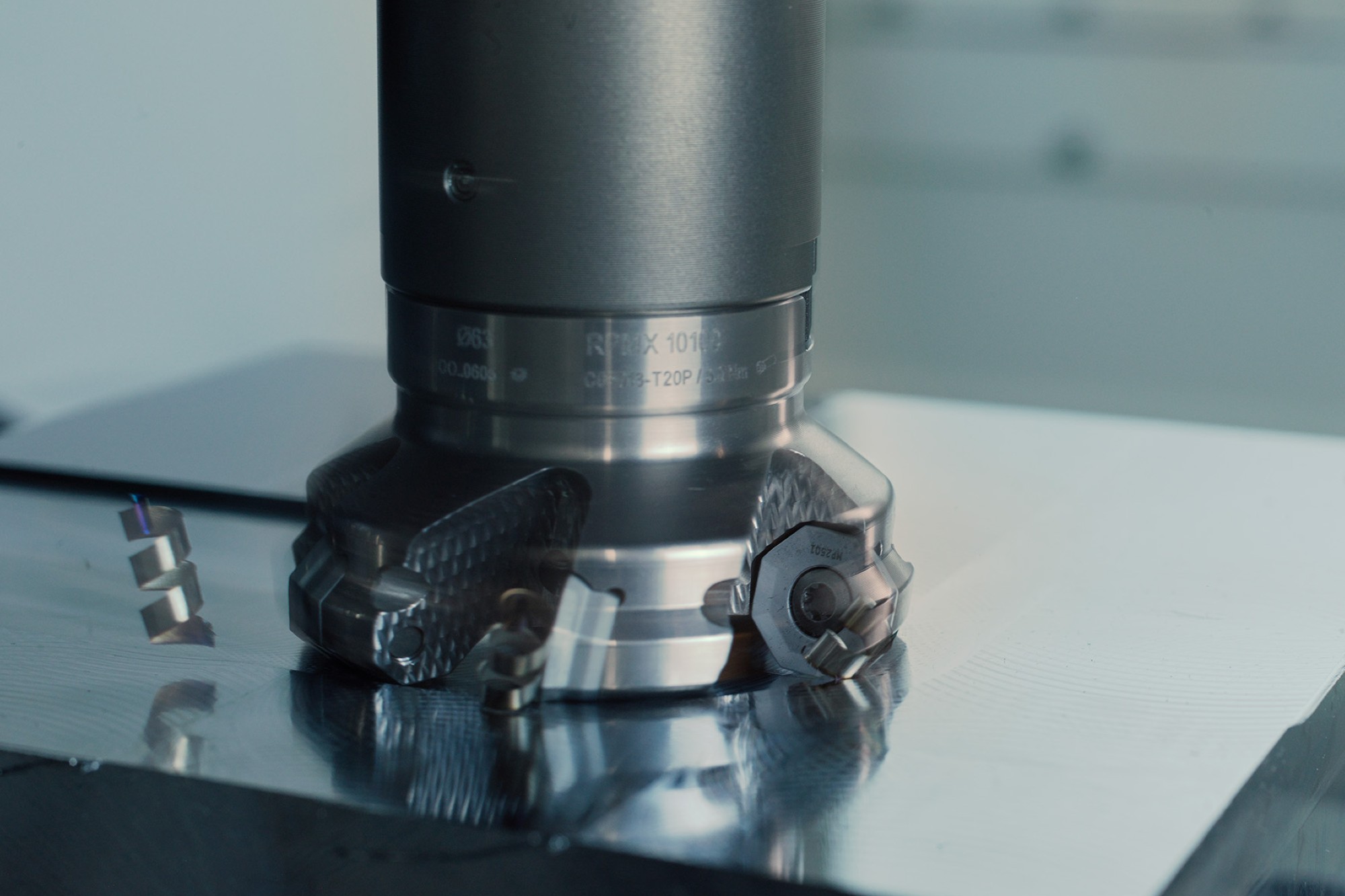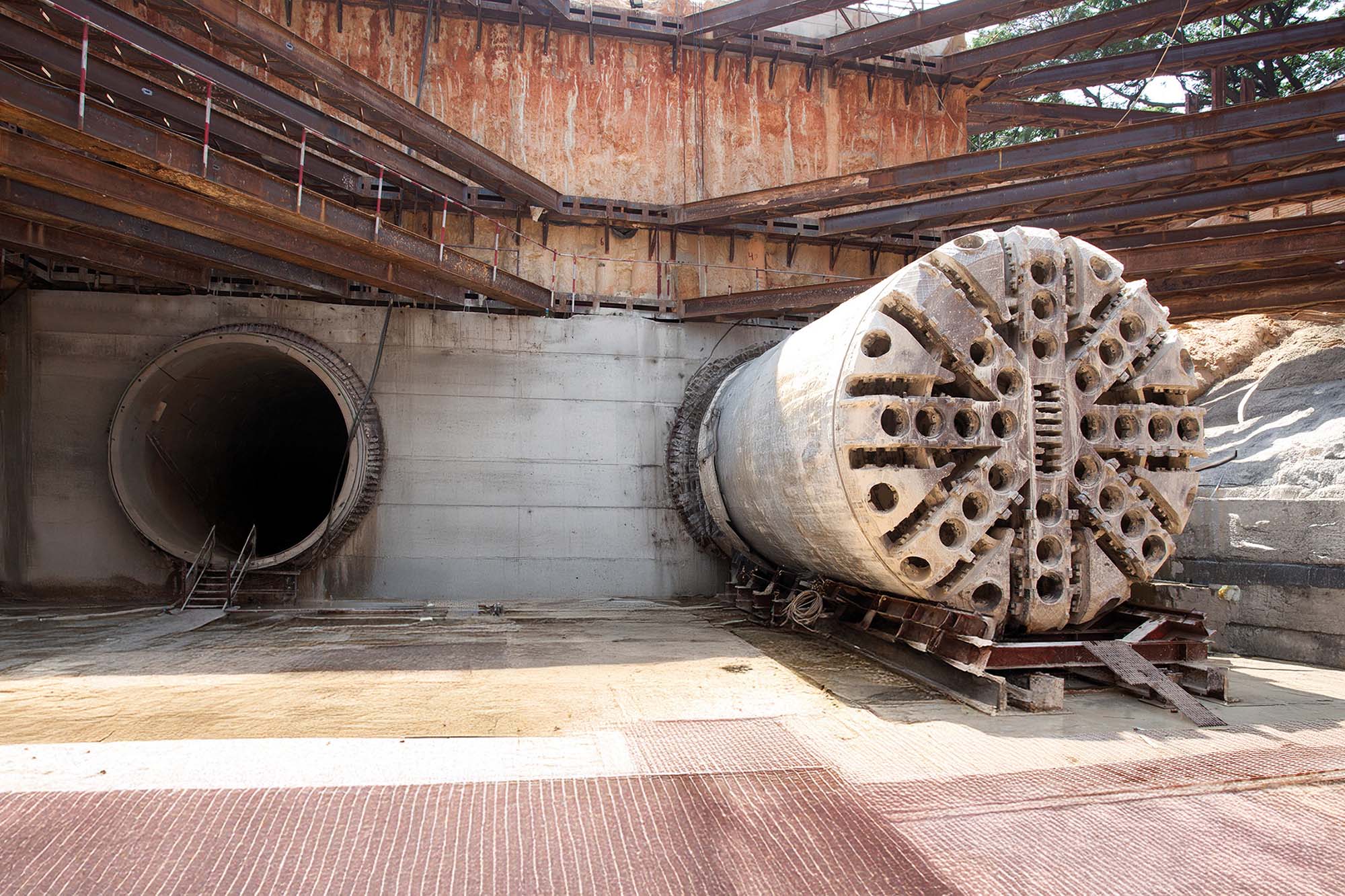Local production of high-precision components can reduce import dependency
By Staff Report December 30, 2024 7:27 pm IST
Indian Machine Tool Manufacturers’ Association (IMTMA) is the sole voice of the Indian machine tool industry. Rajendra S. Rajamane, President of IMTMA, highlights that the industry has made significant progress over the last decade, and additional local growth in this sector can reduce our dependency on imports and lower the cost of our products.
How has the role of machine tools evolved in India’s manufacturing sector over the past decade?
Indian machine tool industry has made significant progress over the last decade, driving industrial growth. The automotive industry has been one of the largest consumers of machine tools. However, the increase in demand from other strategic sectors has led the machine tool industry to cater to industries like aerospace, defence, railways, electronics, brown and white goods, medical equipment manufacturing, toy manufacturing, and many more. All these industries depend on the machine tool industry for lathes, milling machines, 3D printing machines, turning centres, etc. Indian machine tool industry, on its part, has been seamlessly integrating IoT, artificial intelligence, automation, and the like to build precision and enhance productivity. Innovation and skill development in the machine tool industry have become a cornerstone for industrialisation, enabling production through modern means to support India’s aspirations to be a global manufacturing hub.
What are some of the key challenges faced by Indian machine tool manufacturers today in terms of technological advancements?
One of the foremost challenges the machine tool industry faces is related to high-end technology machine tools, which are majorly imported. Another key challenge is the import duty on raw materials, metal components, and machinery, affecting machine tool exports. Skill development and reskilling of the workforce employed in industries is a challenge confronting machine tool companies, as many smaller firms wouldn’t have the capacity to meet the training requirements needed for survival in the digital era. Volatile demand in domestic markets at times and global uncertainties also pose risks to businesses.
With the rise of Industry 4.0 and automation, how is IMTMA helping its members stay ahead of technological trends and integrate smart manufacturing solutions?
Today, every machine tool industry adopts digital manufacturing and integrates it into the products they supply. We have encouraged members to keep abreast with current technologies to be in the global race. Towards this cause, the concurrent show Digital Manufacturing, held with IMTEX, features some exciting developments in Industry 4.0, such as AI-powered automation, autonomous systems, digital twins, the internet of things, 3D printing, augmented and virtual reality, etc.
The International Seminar on Machining Technologies organised during IMTEX is expected to have global experts presenting and discussing these technologies. We also organise a Symposium on Automation & Robotics to help companies understand the importance of automation and robotics in building cutting-edge products, saving costs, and meeting customer needs effectively.What policies should the government prioritise to boost the machine tool industry and domestic manufacturing?
The government should implement policies promoting innovation, skill development, and infrastructure growth. Providing grants, tax benefits, and subsidies to encourage innovation and the development of cutting-edge technologies will help the machine tool industry to evolve further. Both central and state governments should focus on setting up industrial parks, technology hubs, and logistics networks to create a robust ecosystem for machine tool production. Also, the government can encourage local production of high-precision components to reduce dependence on imports and lower costs. Global market access through trade agreements, export incentives, and participation in international trade fairs will also help. Importantly, simplifying regulatory processes, enhancing credit accessibility, and strengthening intellectual property protection to attract investments will serve the machine tool industry well.
What is IMTMA’s outlook on the growth of India’s machine tool industry over the next 5 to 10 years?
Increasing domestic demand, digitalisation, integration of artificial intelligence, the Internet of Things, and automation to enhance precision and productivity will define the future of manufacturing in India. In addition, increased R&D and targeted investments, developing and maintaining a skilled workforce, and strengthening supply chains to reduce import dependency will ensure long-term success.
What role does IMTEX 2025 play in driving global collaborations and market expansion for machine tool builders?
IMTEX showcases Indian machine tool capabilities to the world. It is important to create collaborations between Indian and foreign entities, which will further market expansion for Indian machine tool builders. The exhibition enables Indian companies to benchmark their products vis-à-vis international standards and adopt best practices that are prevalent across the globe. By hosting knowledge-sharing seminars, ‘Engagement with Overseas Buyers’ to promote exports, inviting industry trade delegations, encouraging LIVE demonstrations, hosting various global machine tool builders association events, and having country-specific pavilions, IMTEX enhances industry visibility and innovations.
Cookie Consent
We use cookies to personalize your experience. By continuing to visit this website you agree to our Terms & Conditions, Privacy Policy and Cookie Policy.


















